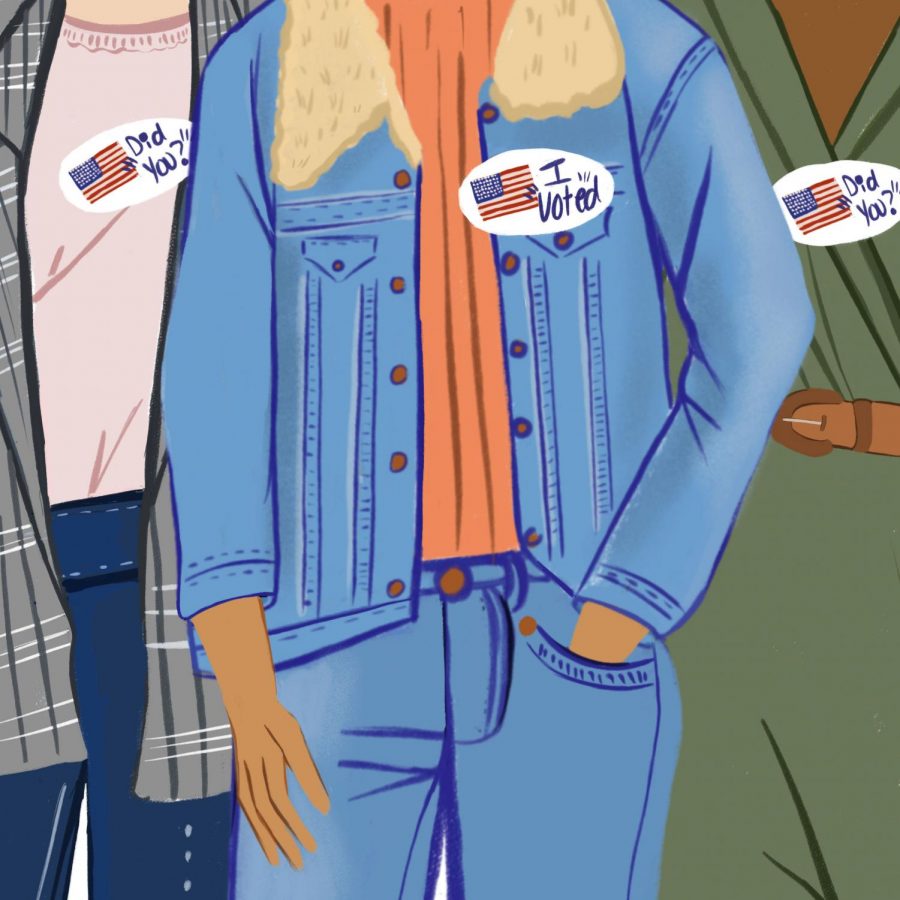Race, representation and repression: Chicago voters are looking for changes
Race, representation and repression: Chicago voters are looking for changes
January 28, 2019
After two terms in office that may be most remembered for police shootings, school closings and an exodus of residents, Chicago’s mayoral race is wide open. A diverse pool of 14 candidates are vying to replace Mayor Rahm Emanuel.
Issues of police abuse of power, neglected neighborhoods and a justice system that many see as broken are at the front of Chicago voters’ minds.
The election is Feb. 26 with a runoff scheduled for April 2 if no candidate receives more than 50 percent of the vote.
There was immense pressure created by activists to have Emanuel resign. That didn’t happen, but Emanuel announced in September he would not seek a third term.
Robert Bruhl, a political science professor at University of Illinois at Chicago, said there are long-term problems that need to be addressed and voters will have to make sure candidates provide solutions they can deliver.
“We have not been creating a lot of jobs, and because of that, we have people moving out of the city,” Bruhl said. “A rising economy helps a lot of things, and we have not had a rising economy in Chicago.”
College students have their worries as well. Madeline Dodge, a sophomore film and television major at DePaul University, is concerned for Chicago Public Schools.
“Our public schools are going in the garbage,” she said. “The rate that they pay teachers is awful. They really don’t offer too many programs for children, especially in lower-income areas.”
Ariel Lott, a freshman journalism major at Columbia, said she is excited about the idea of electing a female mayor in order to increase representation in the city’s controversial politics.
Jane Byrne was Chicago’s only female mayor, serving from 1979–1983. With four out of 14 candidates being female, young women feel this may be the moment for the second female mayor.
“I want to see a bit more equality, to take in everyone’s opinion,” she said. “Every time an election comes around or someone comes into office, there’s only one race or class of people being focused on.”
There is a higher chance there may be another black mayor, or the first black woman elected to the position, as six of the 14 candidates are black.
There have only been two black mayors in Chicago history. Harold Washington was elected as the first black mayor of Chicago in 1983. After his death, Eugene Sawyer was elected by the City Council to finish his term. Sawyer was defeated in 1989 by Richard M. Daley.
Kinnedy Marie Broughton, a junior marketing major and student organization representative of the Black Student Union, thinks a black mayor should be elected, and believes it will happen.
“A lot of people are looking toward a black mayor,” Broughton said. “A lot of the neglected neighborhoods are primarily minorities, and we need a minority who genuinely understands the issues and how those communities work.”
The 2014 fatal shooting of 17-year-old Laquan McDonald made national headlines, after former Chicago Police Officer Jason Van Dyke opened fire and shot the teenager 16 times. This caused an uproar across the city, and hit home for black communities nationwide.
When Van Dyke was sentenced to less than seven years for McDonald’s murder earlier this month, many Chicagoans were outraged.
“I feel the city of Chicago has scrambled to find answers and excuses for Van Dyke,” Broughton said. “It is very easy for us to find sympathy for white people who [commit] crimes, but not for people of color who are murdered for their idiotic actions.”
Broughten does not know who she will vote for yet, but urges voters to carefully evaluate the candidates and get out to vote.








